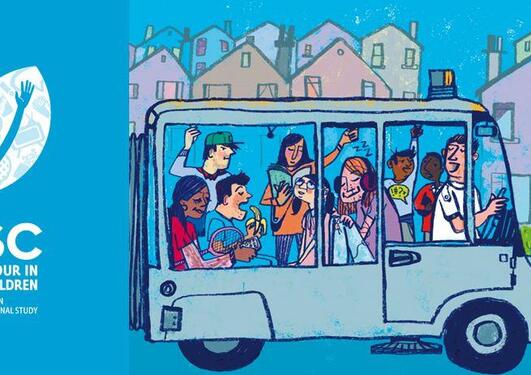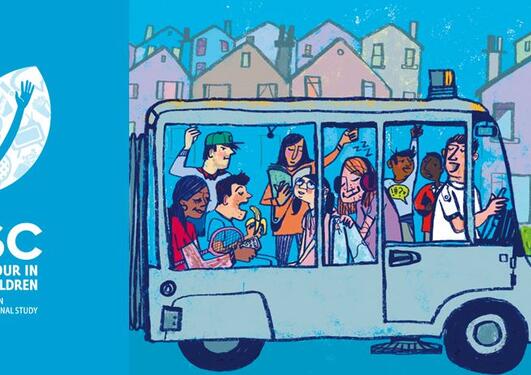
Research Group Leader
Contact us
The SIPA Research Group
Faculty of Psychology
Årstadveien 17
N-5009 BERGEN
Telephone: +47 55 58 32 30
Email: post@hemil.uib.no
Social Influence Processes on Adolescent health (SIPA)
The SIPA (Social Influence Processes on Adolescent health) research group is an interdisciplinary research group that over the past twenty-five years has developed competence in applying and developing theories and methods of social and developmental psychology in the area of adolescent health. The group consists of members from the Department of Health Promotion and Development and the Department of Psychosocial Sciences, Faculty of Psychology, University of Bergen.
The SIPA group aims at developing new knowledge about how social processes influence the development of subjective health and health behaviours among adolescents.



